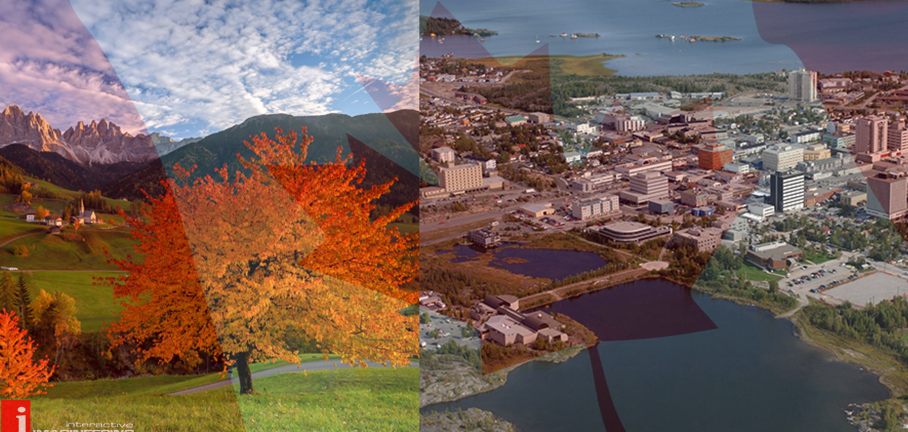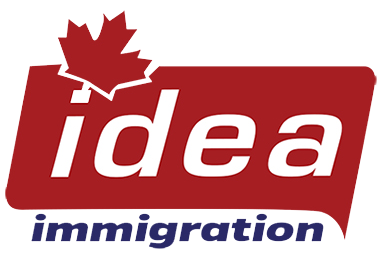Expanding Canadian immigration to Rural to Northern Canada
- February 9, 2022
- Posted by: ideamaster
- Category: news

Rural, remote and northern communities face specific economic and demographic challenges, including youth migrating to larger-population cities and provinces, aging populations, and labor market shortages. Under existing federal economic immigration programs, the majority of newcomers choose to settle in large urban centers rather than smaller communities.
IRCC has created a pilot project to test a new, community-driven approach to attracting and retaining newcomers to Canada’s northern and rural communities. The Rural and Northern Immigration Pilot will support the economic development of Canada’s more remote communities. It will also help spread the benefits of immigration across Canada, supporting economic development in rural areas.
The Rural and Northern Immigration Pilot builds on the success of the Atlantic Immigration Pilot, which was launched in March 2017 to help drive immigration and economic growth to Atlantic Canada. The new project will complement the Government of Canada’s other economic immigration initiatives, like the Atlantic Immigration Pilot and the Provincial Nominee Program.
Eligibility
If you want to participate, your community must meet certain criteria. The pilot will launch in a small number of communities. This means your community may not be selected, even if it meets all the criteria.
To be eligible to participate, your community must:
- have a population of:
- o 50,000 people or less and be located at least 75 km from the core of a Census Metropolitan Area
or
-
- up to 200,000 people and be considered remote from other larger cities (using Statistics Canada’s index of remoteness)
- be in:
- Alberta
- British Columbia
- Manitoba
- Northwest Territories
- Nunavut
- Ontario
- Saskatchewan
- Yukon
- have job opportunities
- have an economic development plan
- have a local economic development organization that can manage the pilot for your community
- be able to settle new immigrants in the community by having or developing:
- relationships with local or regional immigrant-serving organizations
- opportunities to connect newcomers with established members of the community, such as through mentoring or networking
- access to key services like
- education
- housing
- transportation
- health care
You must also have the support, shown through letters of support, of:
- the municipality (local leaders) and
- a local or regional immigrant-serving organization
We encourage communities with French-speaking populations to apply and identify themselves in their application.
